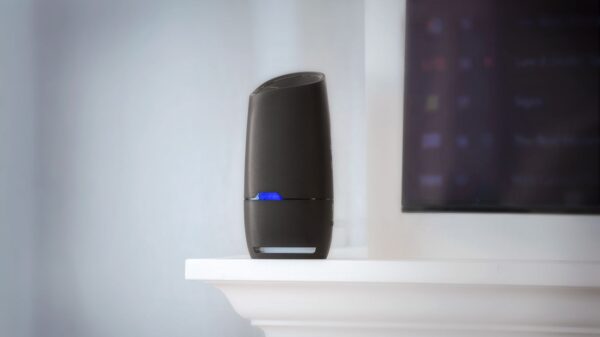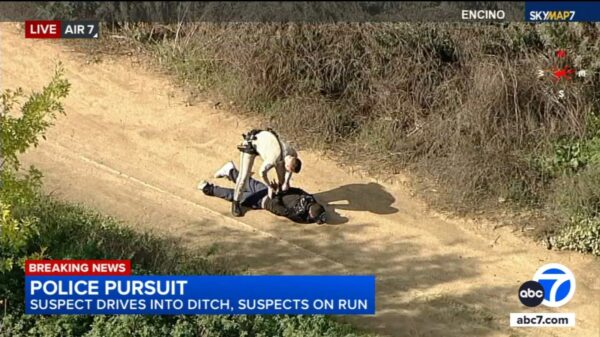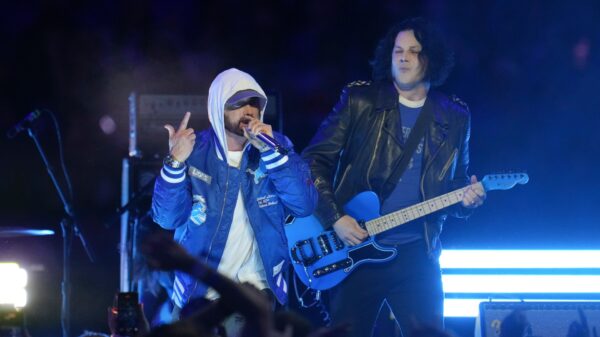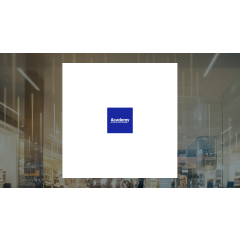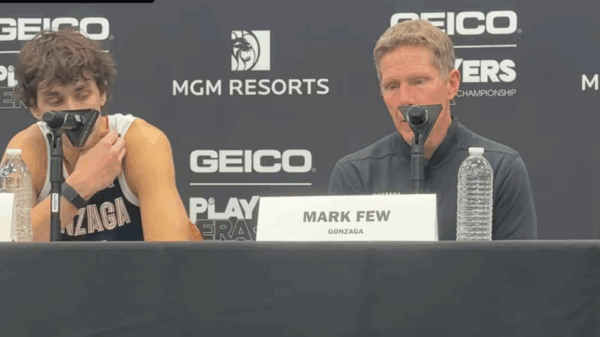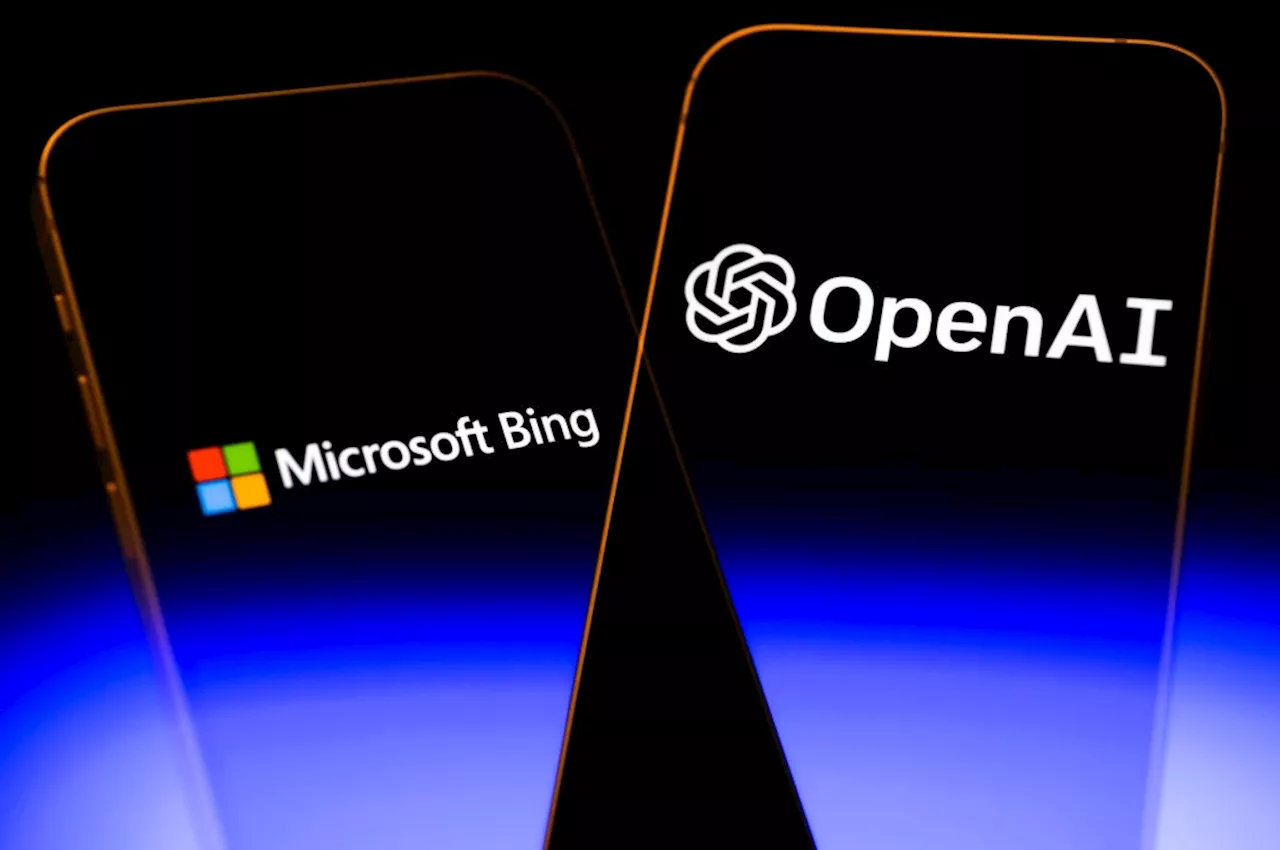Nine news organizations, led by MNG Enterprises, are suing OpenAI and Microsoft for alleged copyright infringement, claiming that the tech companies unlawfully utilized their content to train AI models. The lawsuit, filed in the U.S. District Court for the Southern District of New York, seeks over $10 billion in damages, contending that the companies have undermined the newspapers’ business and audience.
The complaint, spanning 119 pages, outlines how the plaintiffs believe their well-researched articles were exploited without permission or compensation. An attorney from the Washington, D.C.-based law firm Rothwell Figg, representing the newspapers, stated, “OpenAI pays for its chips. It pays for its computers. It pays its programmers. But it steals the raw material for its GAI products — valuable well-written content — from hard-working journalists without payment and without permission.” The attorney emphasized that the lawsuit aims to hold OpenAI accountable for its actions.
This legal action follows a similar lawsuit filed in April 2024 against the same defendants, which is currently proceeding on a separate track. The ongoing disputes reflect broader tensions between traditional media and emerging technologies, where publishers assert their rights to their intellectual property.
Frank Pine, executive editor at MNG Enterprises, expressed concerns about the impact of these companies on journalism, stating, “Not only have these companies built their multibillion-dollar AI products on the theft of our journalism, but now they are stealing our audience and undermining our business.” He underscored the role of the media in holding powerful entities accountable through legal avenues.
The controversy surrounding OpenAI extends beyond this recent lawsuit. In another case, OpenAI is contesting a court order that requires the company to disclose approximately 20 million output logs related to the publishers’ content. This information is critical for assessing how much of their work OpenAI incorporates into its AI models.
Moreover, the Authors Guild and a group of best-selling authors are pursuing a separate case against OpenAI for alleged large-scale copyright infringement involving pirated books. Recently, a Manhattan Federal Court Magistrate Judge ruled that OpenAI must release internal communications concerning its deletion of pirated materials from a so-called “shadow library” utilized in training ChatGPT.
The newspapers in the current lawsuit allege that OpenAI and Microsoft harvested millions of copyrighted articles to develop their advanced generative AI products, raising significant ethical and legal questions about the use of original content in AI training.
As the legal battles unfold, the outcome could have profound implications for both the media industry and the future of artificial intelligence, particularly concerning the rights of content creators in the digital age. The push for accountability from major tech companies signifies a pivotal moment for journalism and copyright law in an increasingly automated landscape.
This ongoing situation highlights the necessity for clear legal frameworks that protect intellectual property while fostering innovation in technology. The newspapers involved are united in their efforts to assert their rights and seek justice in a rapidly evolving digital environment.


